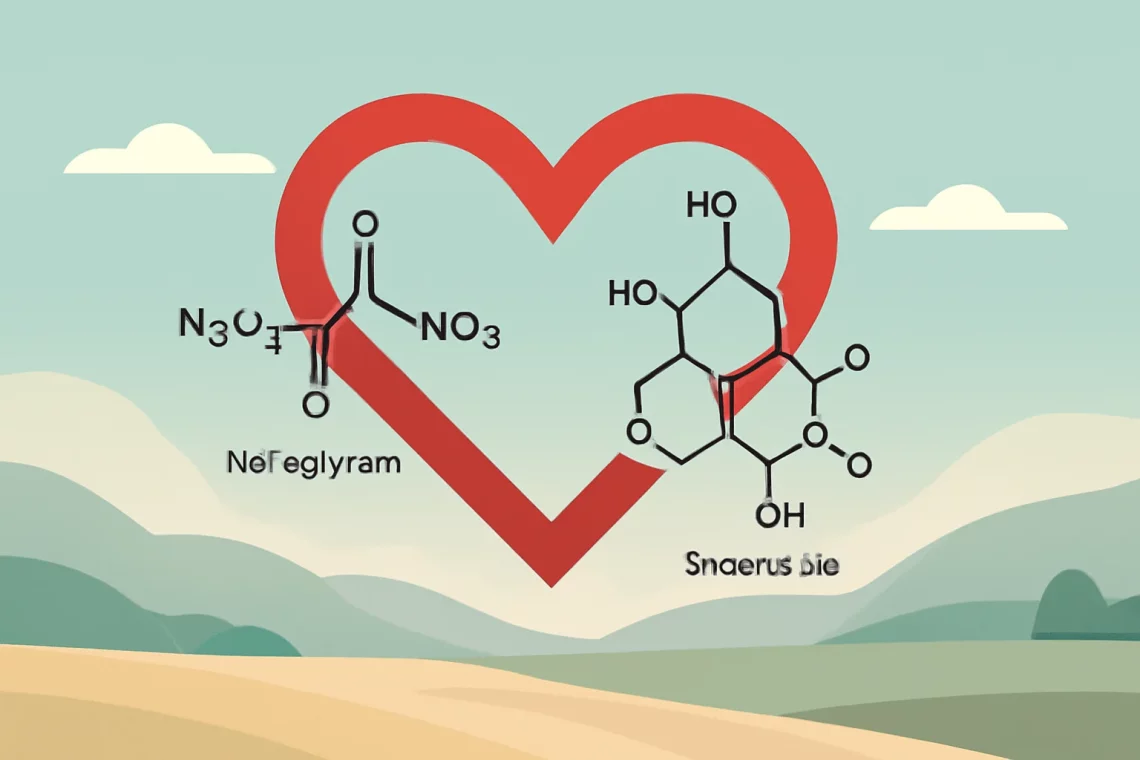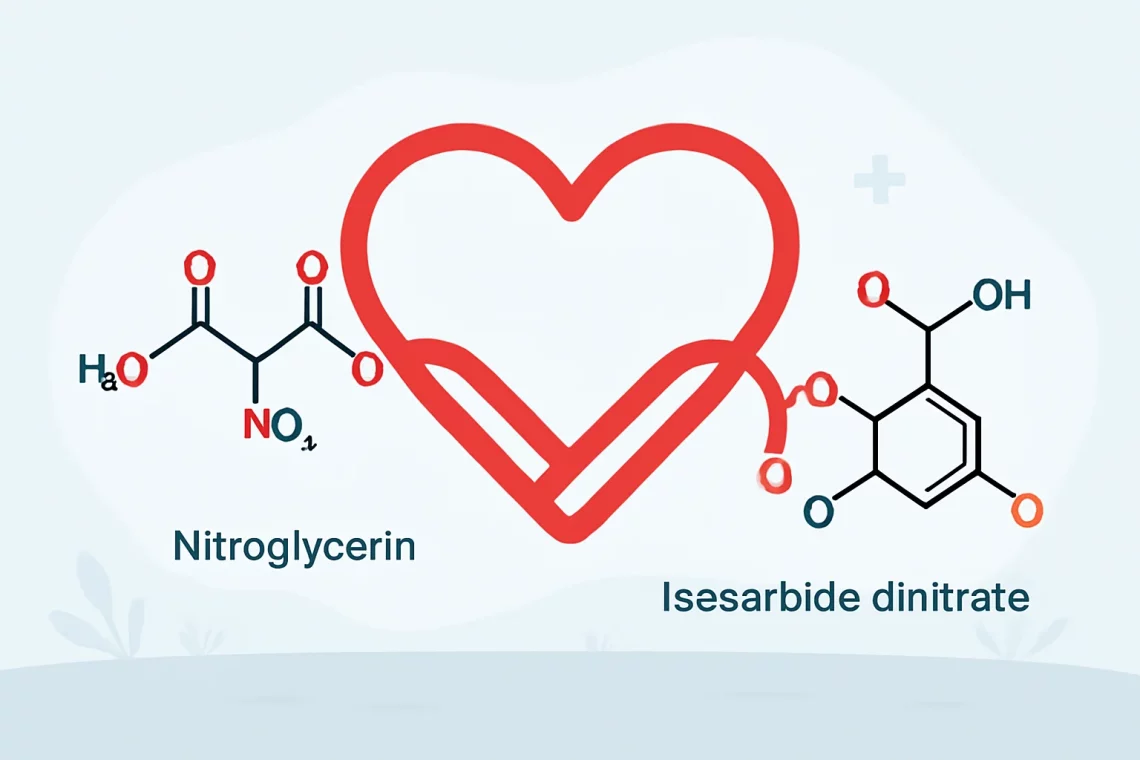-
Nitroglycerin vs Isosorbide: Which Is Right for Your Heart Health?
Nitroglycerin and isosorbide are two medications commonly used in the management of cardiovascular conditions, particularly those related to angina pectoris and heart failure. Both of these compounds belong to a class of drugs known as nitrates, which are essential for dilating blood vessels and improving blood flow to the heart. This vasodilatory effect can significantly alleviate the symptoms of chest pain and reduce the workload on the heart. Understanding the differences and similarities between nitroglycerin and isosorbide is vital for patients and healthcare providers alike. These medications, while serving similar purposes, have distinct properties, mechanisms of action, durations of effect, and potential side effects. Consequently, a thorough comprehension of each…
-
Nitroglycerin vs Isosorbide: Which is Best for Your Heart Health?
Nitroglycerin and isosorbide are two important medications commonly used in the management of cardiovascular diseases, particularly angina pectoris, a condition characterized by chest pain due to reduced blood flow to the heart. Both of these drugs belong to a class of medications known as nitrates, which work by dilating blood vessels to improve blood flow and decrease cardiac workload. This dilation leads to increased oxygen supply to the heart muscle, alleviating the symptoms of angina. Despite their similar mechanisms, nitroglycerin and isosorbide differ in their formulations, onset of action, duration, and specific indications. Understanding these differences is crucial for patients and healthcare providers when determining the most appropriate treatment plans…







